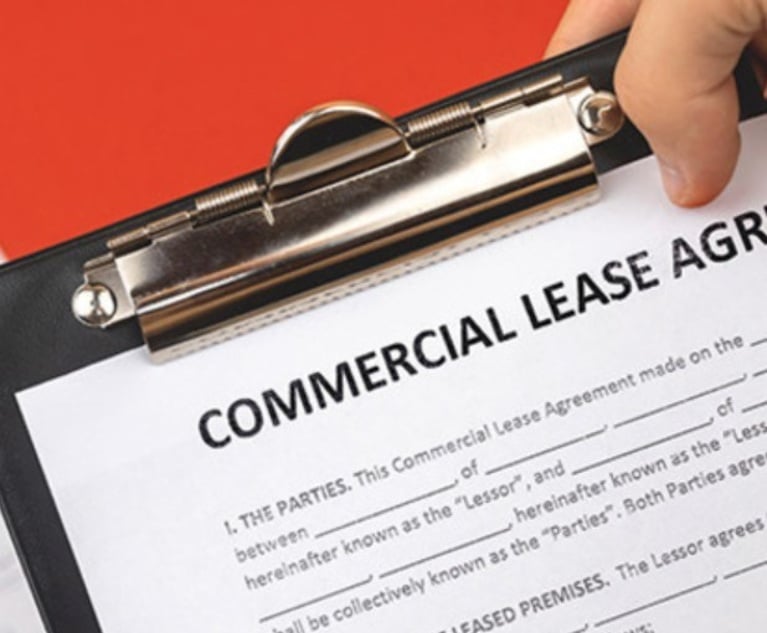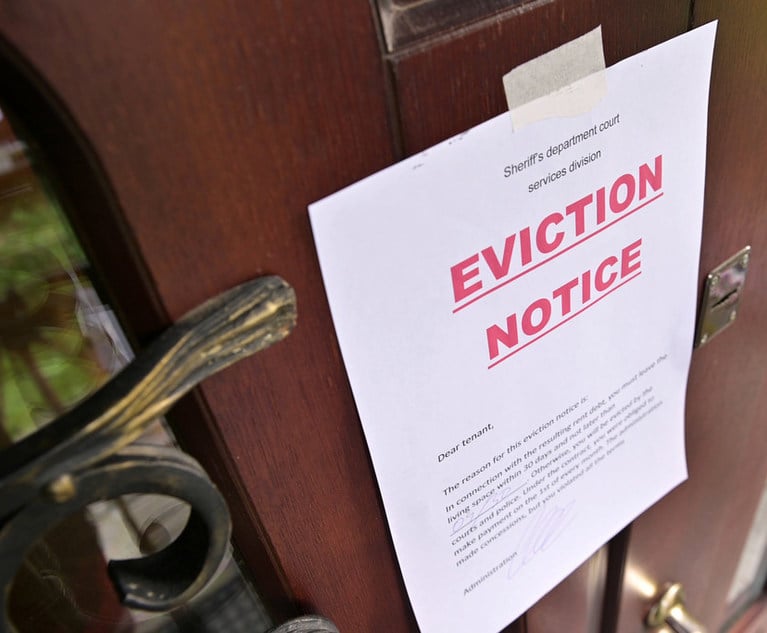In the wake of the global pandemic which caused widespread unforeseen business interruption, “best efforts” clauses in commercial leases have come under scrutiny. While these clauses are often heavily negotiated, they inherently require a degree of interpretation because they speak to the uncertainty of a party’s future performance, which is constrained by variables outside of both parties’ control. For example, a restaurant lease may obligate the tenant to use “commercially reasonable efforts” to increase gross sales if they fall below a threshold, where the landlord is receiving a percentage of those revenues; or the restaurant tenant may be required to use “best efforts” to obtain a liquor license by a date certain as a condition for receiving the benefit of rent forgiveness prior to opening.
Undefined terms of art such as “best efforts” are often utilized in commercial leases, but the interpretation of those terms and the enforceability of the clause, when left to the courts, will turn on how the lease is drafted. This article discusses how New York courts interpret and enforce these “efforts” clauses.







